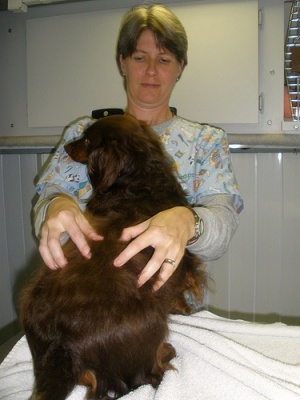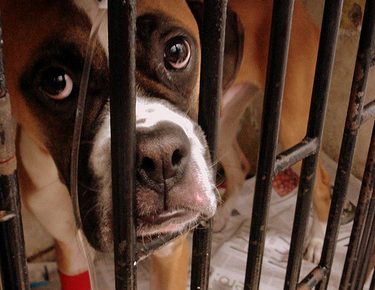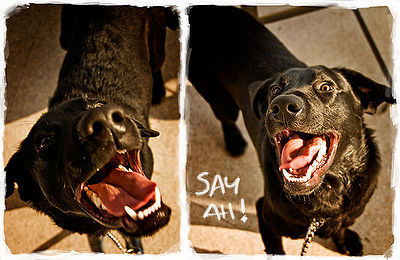
It is vital to your pet’s health to have annual or bi-annual checkups at your veterinarian’s office.
Most vets begin their checkups with the pet’s nose, checking for any signs of a discharge or infection.
Next your vet will check your pet’s eyes. This can be especially important with older pets in detecting cataracts. If eyes are dull or there is a discharge, it can be an indication of illness or infection.
Your vet then checks your pet’s mouth – teeth, gums, any cuts, scrapes or lumps. Your vet may recommend a teeth cleaning to rid tartar buildup and keep gums healthy.
Ears can harbor mites or infection. An unpleasant odor is an indication of a problem. Your vet may test your pet’s hearing as well.
Heart and lungs are next on the list. Your vet will use a stethoscope to listen for any sounds in the lungs that could indicate a problem. The heart is checked to make sure there are no abnormal rhythms.
The condition of your pet’s skin and coat are good indicators of overall health. Parasites such as fleas and ticks or any lumps or bumps can be detected with this exam.
Your pet’s abdomen will be palpated to feel for any abnormalities such as swellings or lumps. If your pet shows discomfort during this exam, further tests may be necessary.
Your vet will feel along your pet’s spine and check the tail and the anal area.
Your pet’s legs will be manipulated to see that muscles are undamaged and that your pet isn’t experiencing any pain.
Paws will be checked for cuts or anything that appears unusual.
Your pet will be weighed to make sure s/he is at the proper weight.
Vets will usually first observe pet birds in their cage for movement and droppings and to make sure the cage is clean, there are safe toys and perches and appropriate food. The physical exam – feather and body condition, respiration, eyes will be as quick as possible so as not to overstress your bird.
Sometimes a blood test or other diagnostic tests will be suggested for your pet, especially in older pets to give more information.
Keep a record of vaccinations and any procedures your pet has undergone and take it with you to the vet. Be prepared to answer questions about your pet’s elimination habits or any changes in behavior, food, routines. Your vet should be willing to explain all that is being done to your pet and why.
Pets often don’t show signs of illness that may be present. Having regular checkups allows for early detection and treatment before illness worsens. Regular checkups can maintain your pet’s good health.
Related Articles
- How to Choose a Vet
- Fear of Vet Visits
- How to Behave in a Vet Office
- Questions for Vets about Medications



